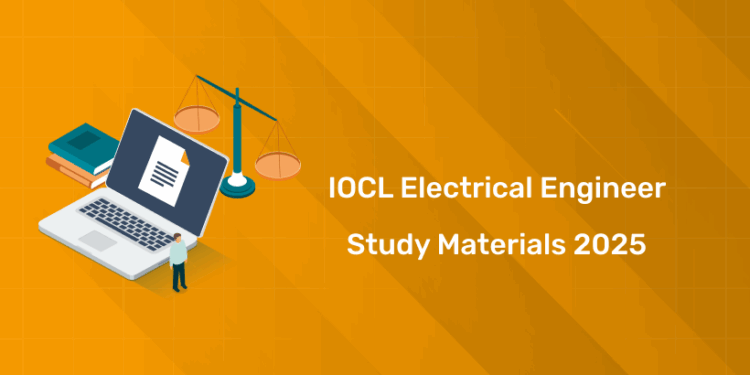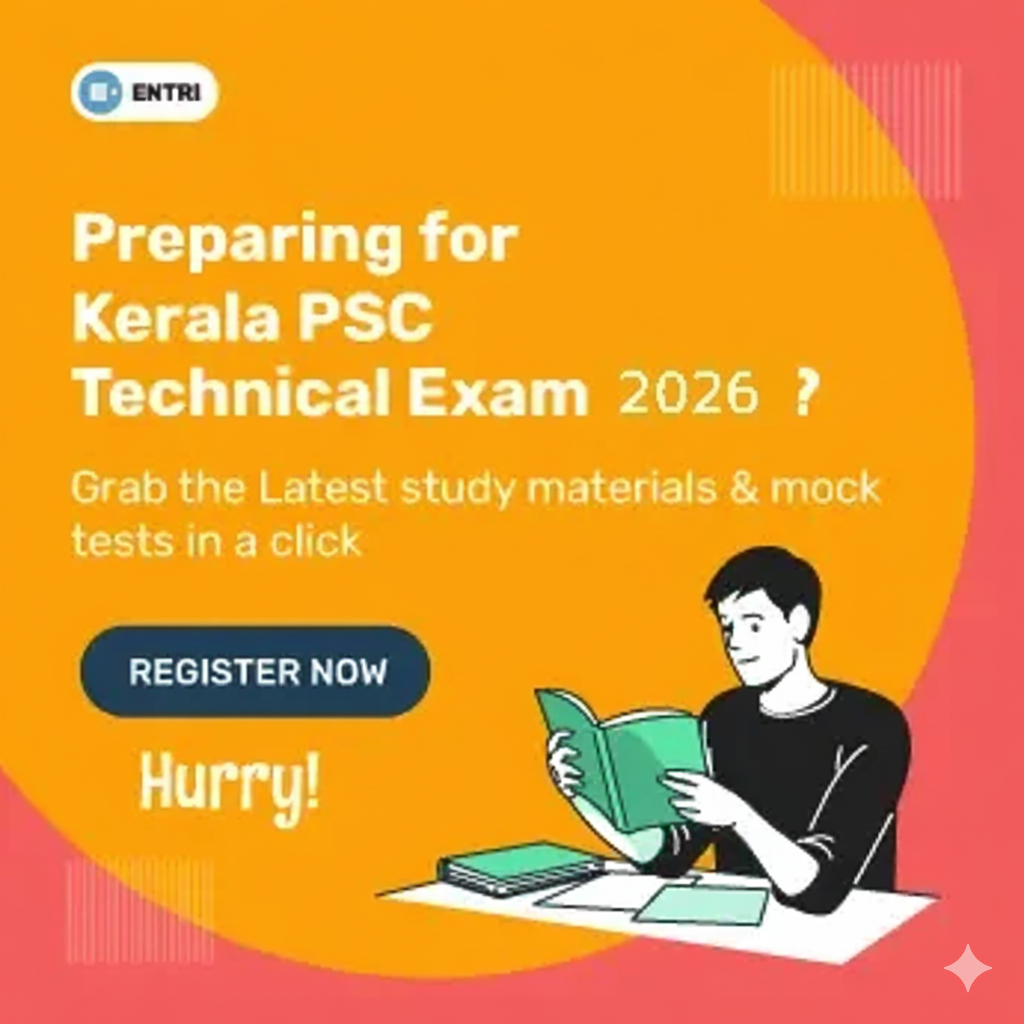Table of Contents
When preparing for the IOCL Electrical Engineer 2025 exam, the first step is to identify the syllabus and gather the right study materials. Proper resources help you organize your preparation, focus on important topics, and study in depth. In this blog, we’ve compiled and attached the most useful IOCL Electrical Engineer study materials to help you develop your preparation plan. Explore now!
IOCL Electrical Engineering Notification 2025 Highlights
| Feature | Details |
|---|---|
| Organization | Indian Oil Corporation Limited (IOCL) |
| Post | Engineers/Officers (Grade-A) – Electrical |
| Recruitment Mode | Computer Based Test (CBT) followed by GD, GT & PI |
| Eligibility | BE/B.Tech in Electrical or related specializations |
| Age Limit | General/EWS: ≤26 years; Relaxation as per Govt. norms |
| Application Start Date | 05.09.2025 |
| Application End Date | 21.09.2025 (till 17:00 hrs) |
| CBT Date | 31.10.2025 |
| Admit Card | 17.10.2025 |
| Application Fee | ₹500 + GST for General/OBC; SC/ST/PwBD – exempted |
| Salary | ₹50,000 – ₹1,60,000 per month + allowances |
| Selection Process | CBT → GD/GT → Personal Interview |
| Reservation | As per Govt. guidelines (OBC-NCL, SC, ST, EWS, PwBD) |
| Official Website | www.iocl.com |
IOCL Electrical Engineer Study Materials 2025
1: Between the period of 1858-1947, how many Viceroys ruled over India?
Before starting your preparation for the IOCL Electrical Engineer 2025 exam, it’s important to have the right study materials. Here, we’ve listed all essential resources—from textbooks and PDFs to online courses, mock tests, and previous year questions—so you can cover every topic, practice regularly, and stay on track with your preparation.
- IOCL Official Notification & Syllabus PDF – Start preparation by thoroughly reading the official notification and syllabus PDF to understand eligibility, exam pattern, subjects, and important dates to plan your studies.
- Previous Year Question Papers (PYQs) – Analyze old question papers to identify frequently asked topics, question trends, difficulty level, and to practice time management for the actual exam.
- NCERT Books (Electrical & Electronics Basics) – Strong foundation of Engineering Mathematics, Electrical Machines, Circuits, and Power Systems can be built using standard NCERT textbooks.
- Standard Reference Books for Electrical Engineering – Books like “Electrical Machines by P.K. Gupta”, “Power Systems by C.L. Wadhwa” help in mastering core technical topics in depth.
- Study Notes – Maintain concise notes for quick revisions of formulas, concepts, and important points to save time closer to exams.
- PDF Resources & eBooks – Download subject-wise PDF notes covering Electrical Machines, Power Systems, Control Systems, and Electronics for quick reference and focused study.
- Mock Tests (Online & Offline) – Attempt full-length mock tests to replicate real exam conditions, track performance, and work on weaker areas.
- Interactive MCQ Platforms – Platforms offering multiple-choice questions on core Electrical topics, Quantitative Aptitude, Reasoning, and English
- Entri App Courses – Use the Entri app for structured courses, mock tests, MCQs, and personalized feedback for Electrical Engineering exam preparation.
- YouTube Tutorials & Video Lectures – Follow reputed channels like Entri Technical Exams offering detailed explanation of complex Electrical topics to strengthen conceptual clarity.
- Quiz & Model Questions – Websites offering daily quizzes and practice questions for Electrical, Aptitude, Logical Reasoning, and English improve speed and accuracy.
- Group Discussions & Peer Learning – Engage in study groups or online forums to clarify doubts, exchange strategies, and attempt peer problem-solving sessions.
Start by understanding the syllabus, then divide your resources topic-wise. Read theory from books or PDFs, solve previous year questions, and practice mock tests regularly. Make notes for quick revision and track your progress to identify areas that need more focus. Good luck!











